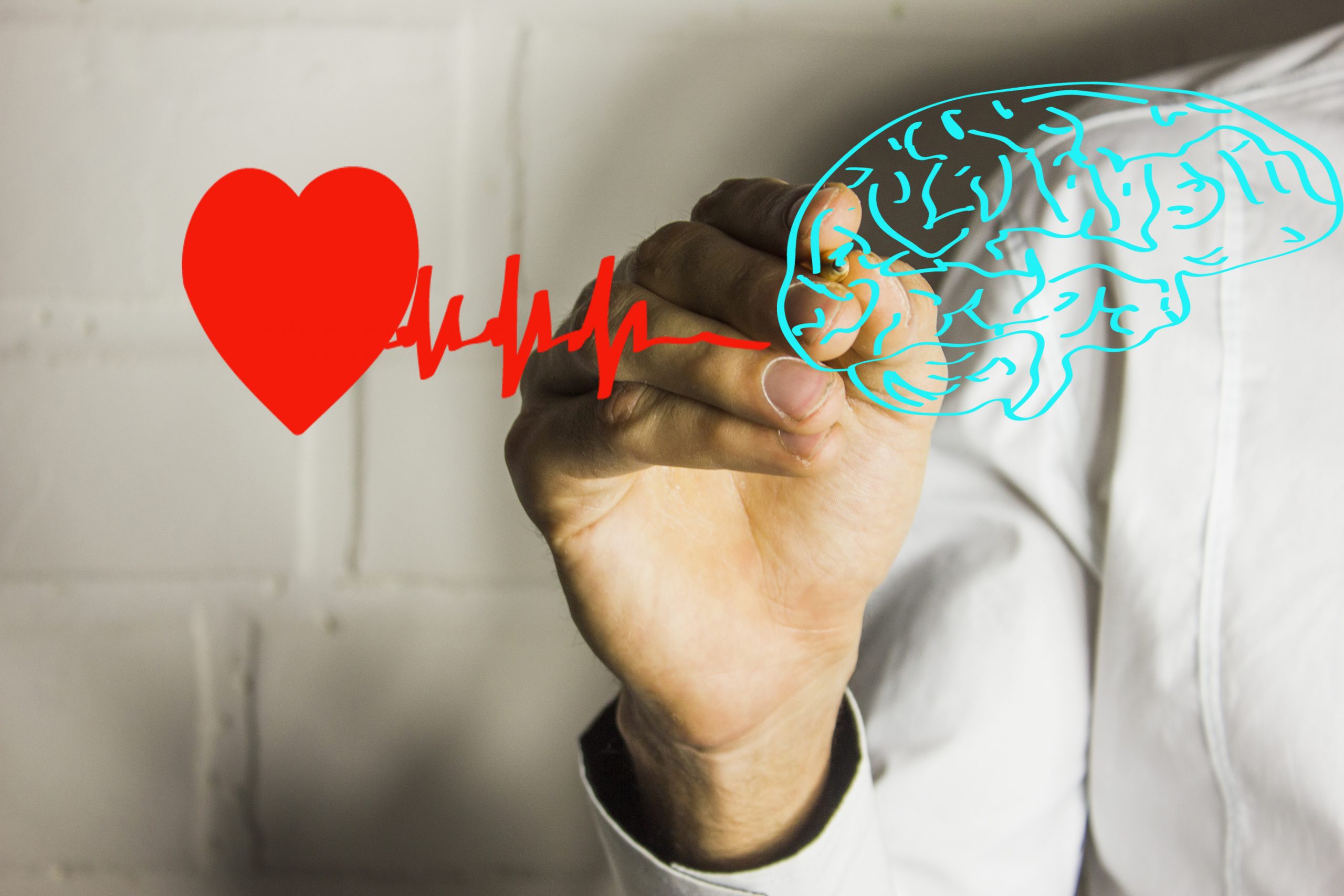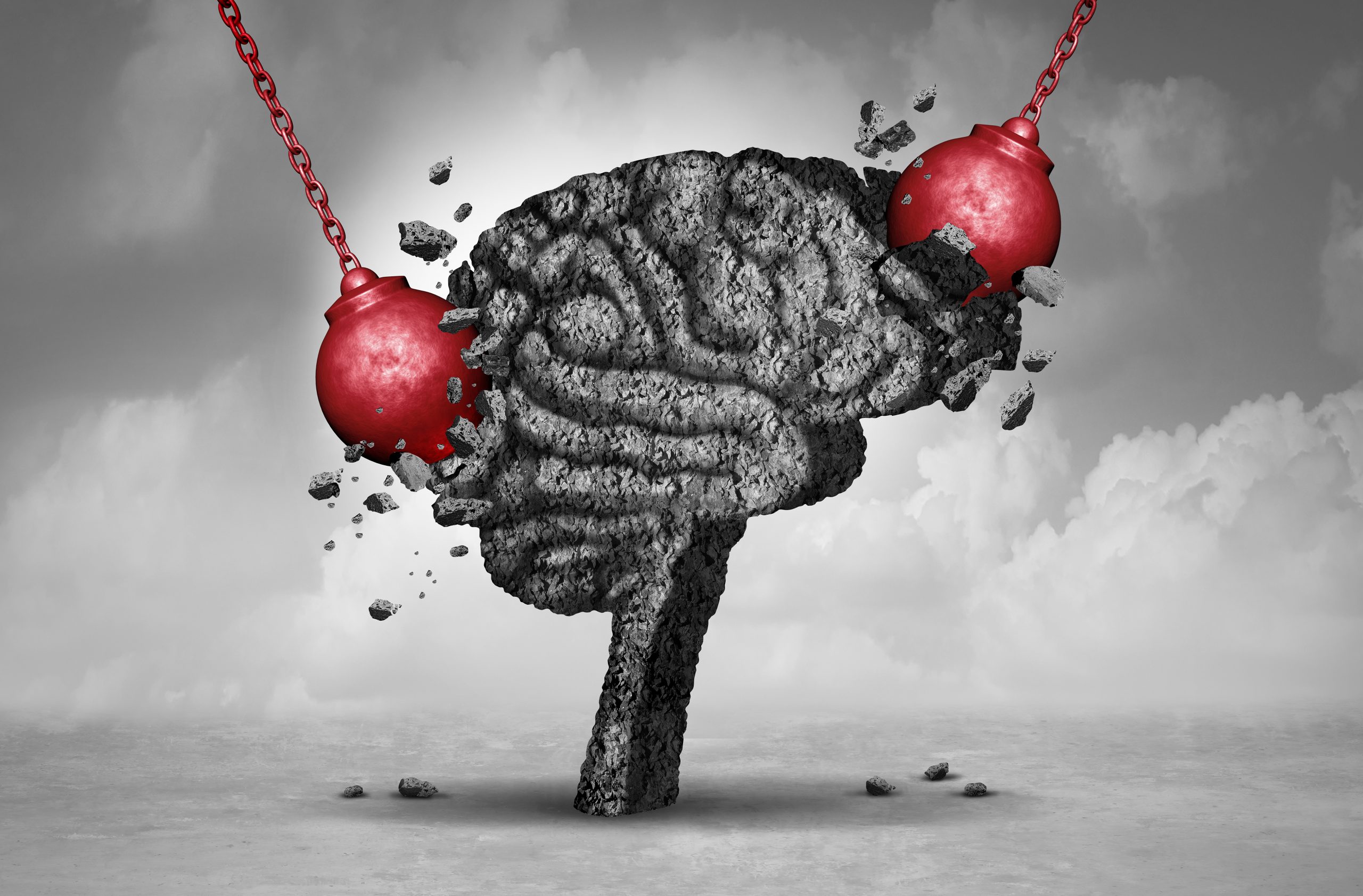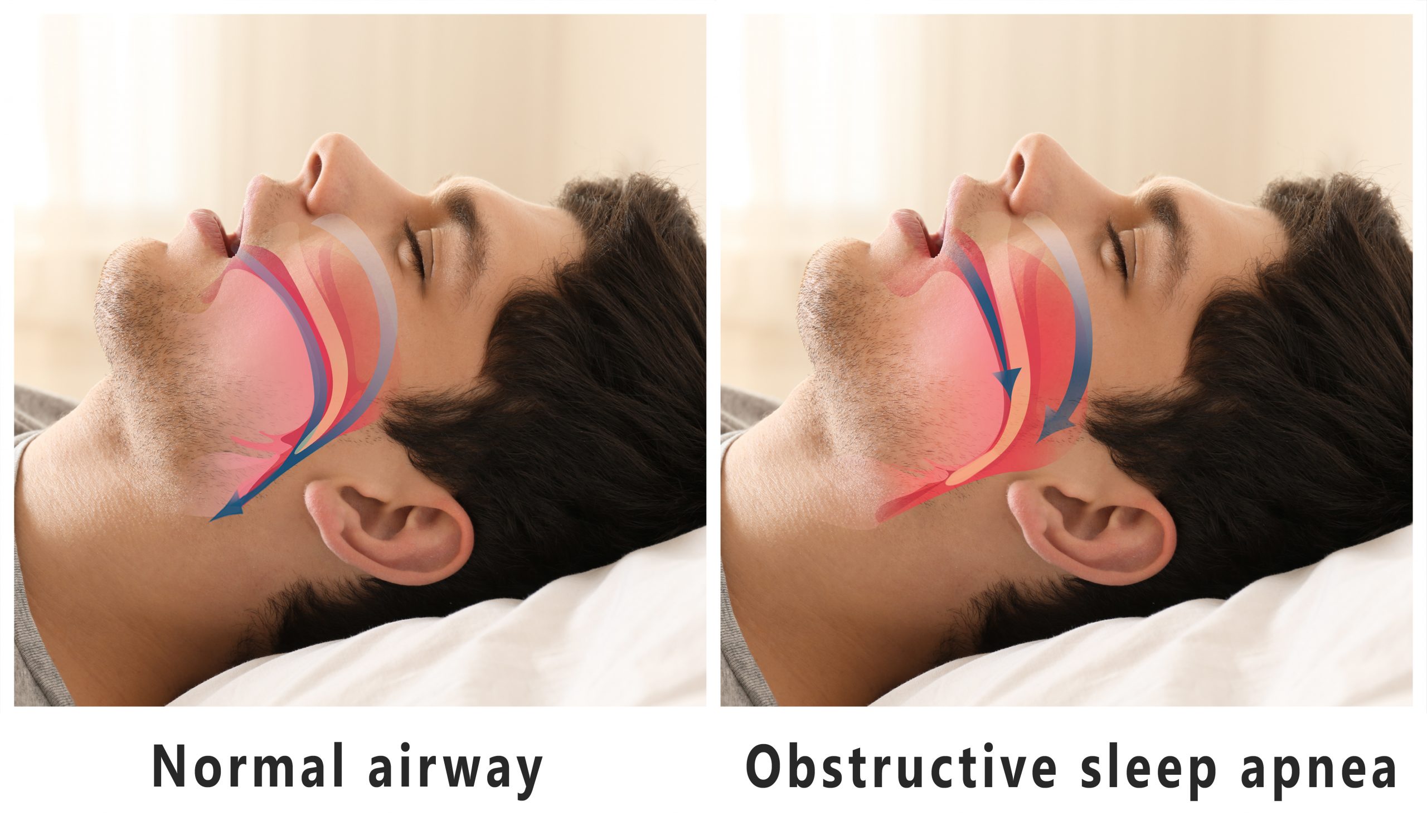When we think about health, we often consider different body systems independently. However, research has shown that the health of our heart and brain are closely interconnected. The connection between heart health and brain health is significant and plays a crucial role in overall well-being. In this article, we explore the connection between brain health and heart health.
- Blood Flow: The brain relies on a constant supply of oxygen and nutrients delivered through a network of blood vessels. The heart pumps oxygenated blood to the brain through these vessels. Maintaining a healthy cardiovascular system is essential for proper blood flow to the brain. Any disruptions in blood flow, such as from clogged arteries or high blood pressure, can impact brain health and increase the risk of cognitive decline and dementia.
- Risk Factors: Heart disease and stroke share common risk factors with cognitive decline and dementia. Risk factors such as high blood pressure, high cholesterol, obesity, diabetes, and smoking can contribute to both heart disease and cognitive impairment. These risk factors can lead to the buildup of plaque in the arteries, reducing blood flow to the brain and increasing the risk of cognitive decline.
- Vascular Dementia: Vascular dementia is a type of dementia caused by reduced blood flow to the brain due to damaged blood vessels. This damage can result from conditions such as stroke or small vessel disease. The same risk factors that contribute to heart disease, such as high blood pressure and high cholesterol, can also increase the risk of vascular dementia. By managing these risk factors, individuals can potentially reduce the risk of both heart disease and vascular dementia.
- Brain Structure and Function: The health of the heart can impact brain structure and function. Studies have shown that individuals with poor cardiovascular health are more likely to have smaller brain volumes and reduced brain function, including memory and cognitive abilities. Conversely, individuals with better cardiovascular health tend to have larger brain volumes and better cognitive function. Maintaining a healthy heart through lifestyle choices can promote brain health and preserve cognitive function.
- Inflammation: Chronic inflammation is a common factor in both heart disease and neurodegenerative disorders. Inflammatory markers, such as C-reactive protein, have been associated with an increased risk of both heart disease and cognitive decline. Inflammation can damage blood vessels and brain cells, contributing to the progression of both conditions. By adopting an anti-inflammatory lifestyle, including a balanced diet and regular exercise, individuals can potentially reduce inflammation and support both heart and brain health.
- Healthy Aging: As we age, the risk of heart disease and cognitive decline increases. Aging is a common factor that affects both the heart and the brain. However, adopting a heart-healthy lifestyle can help reduce the impact of aging on these organs. Regular exercise, a balanced diet, stress management, and maintaining a healthy weight are all important in supporting both heart and brain health as we age.
- Prevention and Management: To promote both heart health and brain health, it’s important to adopt a holistic approach to well-being. Here are some tips:
- Maintain a Healthy Diet: Consume a balanced diet rich in fruits, vegetables, whole grains, lean proteins, and healthy fats. This provides essential nutrients for heart and brain health.
- Engage in Regular Exercise: Regular physical exercise is beneficial for both cardiovascular health and brain health. Aim for at least 150 minutes of moderate-intensity aerobic exercise or 75 minutes of vigorous-intensity aerobic exercise per week.
- Manage Risk Factors: Take steps to manage risk factors such as high blood pressure, cholesterol levels, diabetes, and obesity. This may include medication, lifestyle modifications, and regular check-ups with your healthcare provider.
- Maintain Mental Stimulation: Engage in activities that challenge and stimulate your brain, such as puzzles












